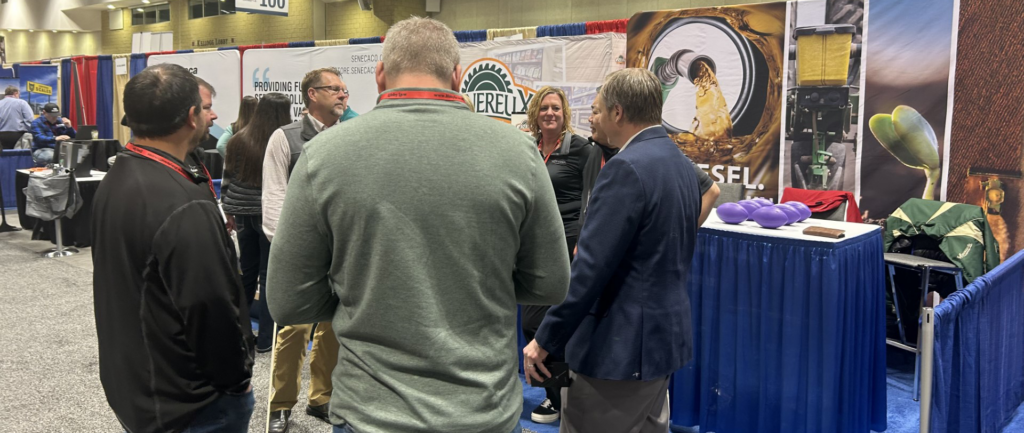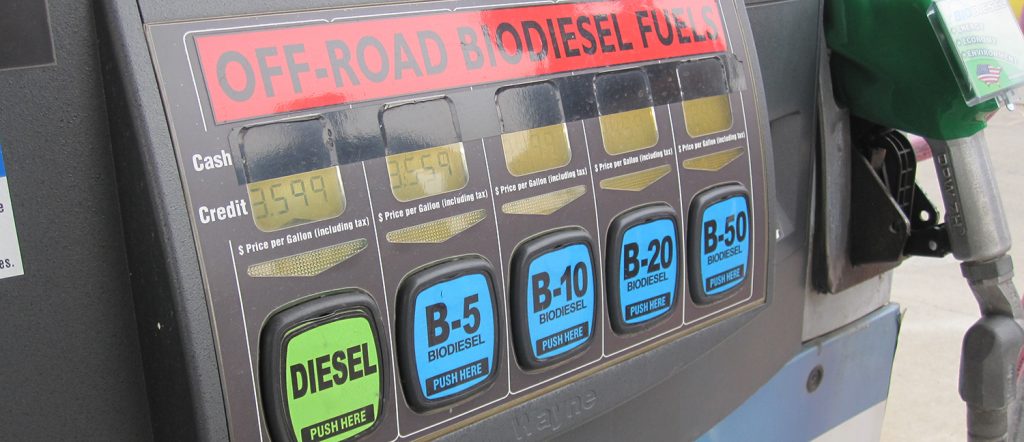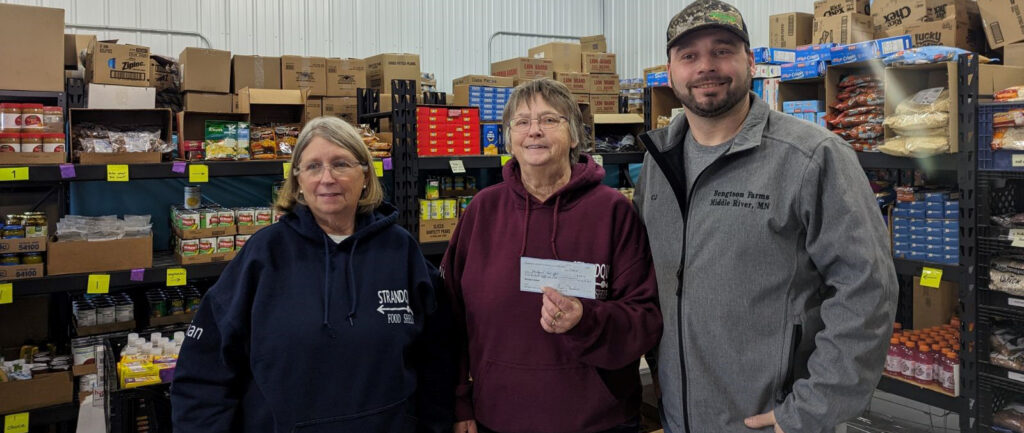The checkoff is an investment, and as with any investment, Jim Call wanted to know where his contribution was going. This curiosity led to Call becoming a familiar face of the Minnesota Soybean Research & Promotion Council (MSR&PC). Call, a corn and soybean farmer in Lac qui Parle County, previously served as the chairman for MSR&PC as well as the United Soybean Board (USB). He currently serves as one of the District 4 representatives on the Council.
Through his experience with both MSR&PC and USB, Call has stressed the knowledge gained from involvement.

“The Council drew me in because I was curious where my checkoff dollars went,” Call says. “I wanted to know what my money was funding, and how it was helping me as a farmer. After those questions were answered, it then evolved to what can I do to help achieve the best return on investment for all Minnesota farmers.”
The checkoff is a voluntary investment. If a farmer enrolls, a small portion of the money made from selling their soybeans is withheld and goes into the checkoff fund. MSR&PC works with farmers to allocate that money, dividing it between funding research, developing markets and promoting Minnesota soybeans. These investments help farmers stay profitable and ensure there is demand for their soybeans.
“The biggest benefit to becoming involved with organizations like MSR&PC is the ability to learn,” Call says. “You garner a lot of information that can be utilized on your own farm, making you a better, more efficient farmer.”
As Minnesota farmers become more efficient and continue to provide high-quality soybeans, the Council looks for growth opportunities — especially in international markets. With growing economies and rising populations, some countries now have the ability to import goods like soybeans.
“More than half of Minnesota soybeans are exported,” Call says. “With increasing populations, more countries will turn to soybeans as a means of fuel and food. Minnesota is known for its high-quality soybeans and consistent supply, which are desirable features for an international customer.”
Soybeans have a wide range of uses, including aquaculture, a growing market reliant on soybean meal and other grain as a sustainable replacement to fish meal.
Soybean farmers have played a role in the aquaculture market both domestically and internationally through the investment of checkoff dollars. By investing in research projects, like the amino acid protein profile of the soybean meal, the checkoff has contributed to the acceptance of soybean meal as a sustainable and renewable food source for the aquaculture industry.
“The Council works with Minnesota farmers to keep the demand for soybeans up and farming profitable, setting up the next generation for success,” Call says. “We farm for a better future.”







